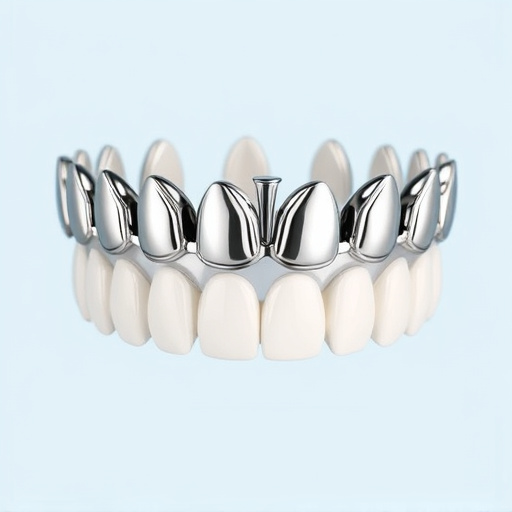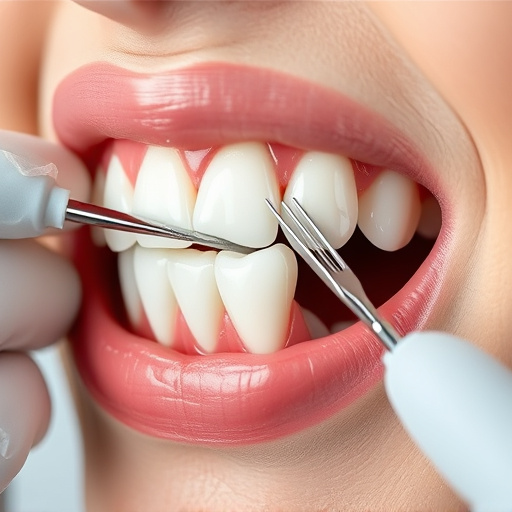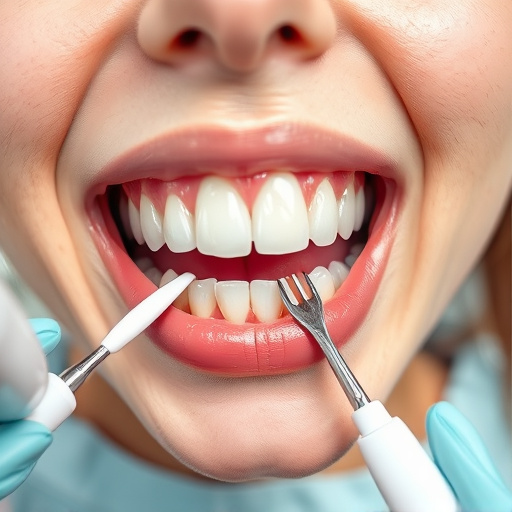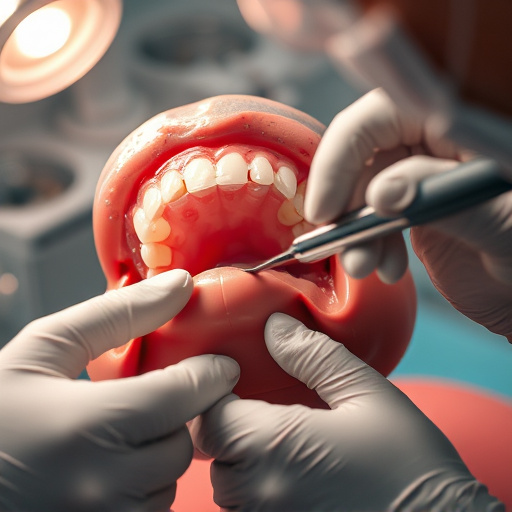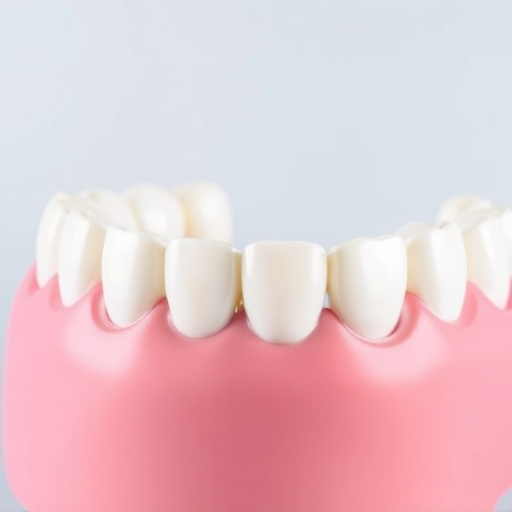Oral surgery procedures address complex dental issues beyond routine care. They include extractions for crowding or decay, fillings to prevent further damage, and implants offering permanent tooth replacements enhancing function, aesthetics, and confidence. These procedures also treat jaw disorders, improving quality of life by restoring proper jaw function and alleviating pain.
“Uncover the world of oral surgery and its diverse procedures designed to restore oral health and enhance smiles. From common interventions like extractions and wisdom tooth removal, to advanced treatments such as dental implants and jaw disorder management, this guide provides an in-depth look.
Learn how these procedures not only address immediate concerns but also improve long-term oral health and overall well-being. Discover the transformative power of oral surgery, offering personalized solutions for a confident smile.”
- Common Oral Surgery Procedures Explained
- Dental Implants: Restoring Your Smile
- Treating Jaw Disorders and Their Impact
Common Oral Surgery Procedures Explained
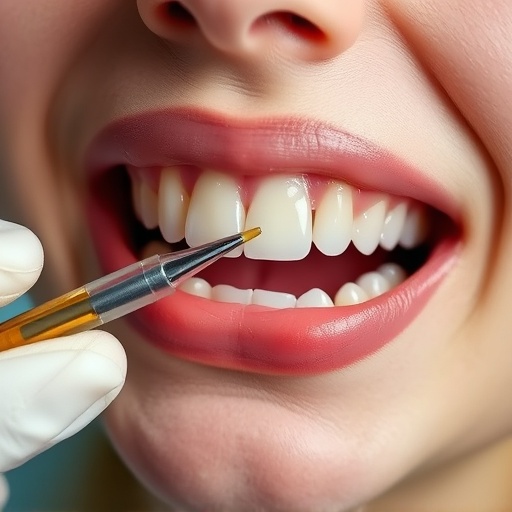
Oral surgery procedures are a crucial aspect of comprehensive dental care, addressing various oral health issues that require more than routine dental treatments. Among the most common types are tooth extractions, which involve the removal of teeth due to decay, injury, or crowding. This procedure is often a first step towards correcting bite problems and creating space for orthodontic treatment or implant-supported replacements.
Another prevalent oral surgery procedure is the placement of dental fillings, where dentists remove damaged parts of teeth and fill the cavities with durable materials like composite resin or amalgam. These fillings not only restore the tooth’s function but also help prevent further decay, ensuring long-lasting oral health and reducing the need for more extensive treatments in the future.
Dental Implants: Restoring Your Smile

Dental implants offer a permanent solution for missing teeth, providing both functional and aesthetic benefits. This advanced oral surgery procedure involves placing small titanium posts into the jawbone to serve as artificial tooth roots. Once healed, these implants support custom-made dental crowns, creating a natural-looking and feeling replacement for your smile.
By choosing dental implants over traditional bridges or dentures, you can enjoy improved chewing capabilities, better speech, and increased confidence in social situations. Furthermore, implants help preserve the structure of your jawbone, which can otherwise atrophy after tooth loss, ensuring long-lasting results that contribute to overall oral health and a more youthful appearance.
Treating Jaw Disorders and Their Impact
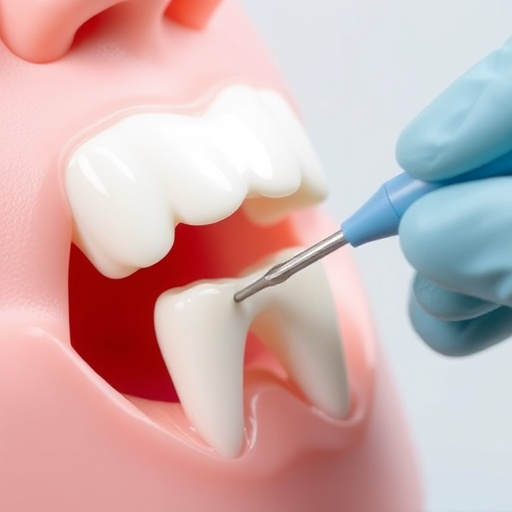
Jaw disorders can significantly impact an individual’s quality of life. These conditions, such as temporomandibular joint (TMJ) disorder or misalignments, cause pain and discomfort in the jaw, face, and even head. Oral surgery procedures offer effective solutions for treating these disorders. One common approach is arthroscopic surgery, which involves minimally invasive techniques to repair or replace damaged joints. This procedure helps restore proper jaw function and alleviates symptoms like clicking sounds, locked jaws, and chronic facial pain.
Beyond TMJ issues, oral surgeons address various jaw-related problems, including misaligned teeth and bite irregularities. In some cases, patients may require surgical correction after failing to achieve alignment through traditional means, such as clear aligners or dental fillings. Cosmetic fillings can also play a role in enhancing the appearance of the smile while addressing minor imperfections. By addressing these disorders, oral surgery procedures not only improve functionality but also contribute to overall well-being and enhanced self-confidence.
Understanding various oral surgery procedures is a key step in achieving optimal dental health and enhancing your smile. From common extractions to advanced dental implants, each treatment offers a unique solution tailored to individual needs. Treating jaw disorders not only improves functionality but also significantly impacts overall well-being. By staying informed about these procedures, you can make informed decisions regarding your oral care, ensuring a brighter and healthier future for your smile.








